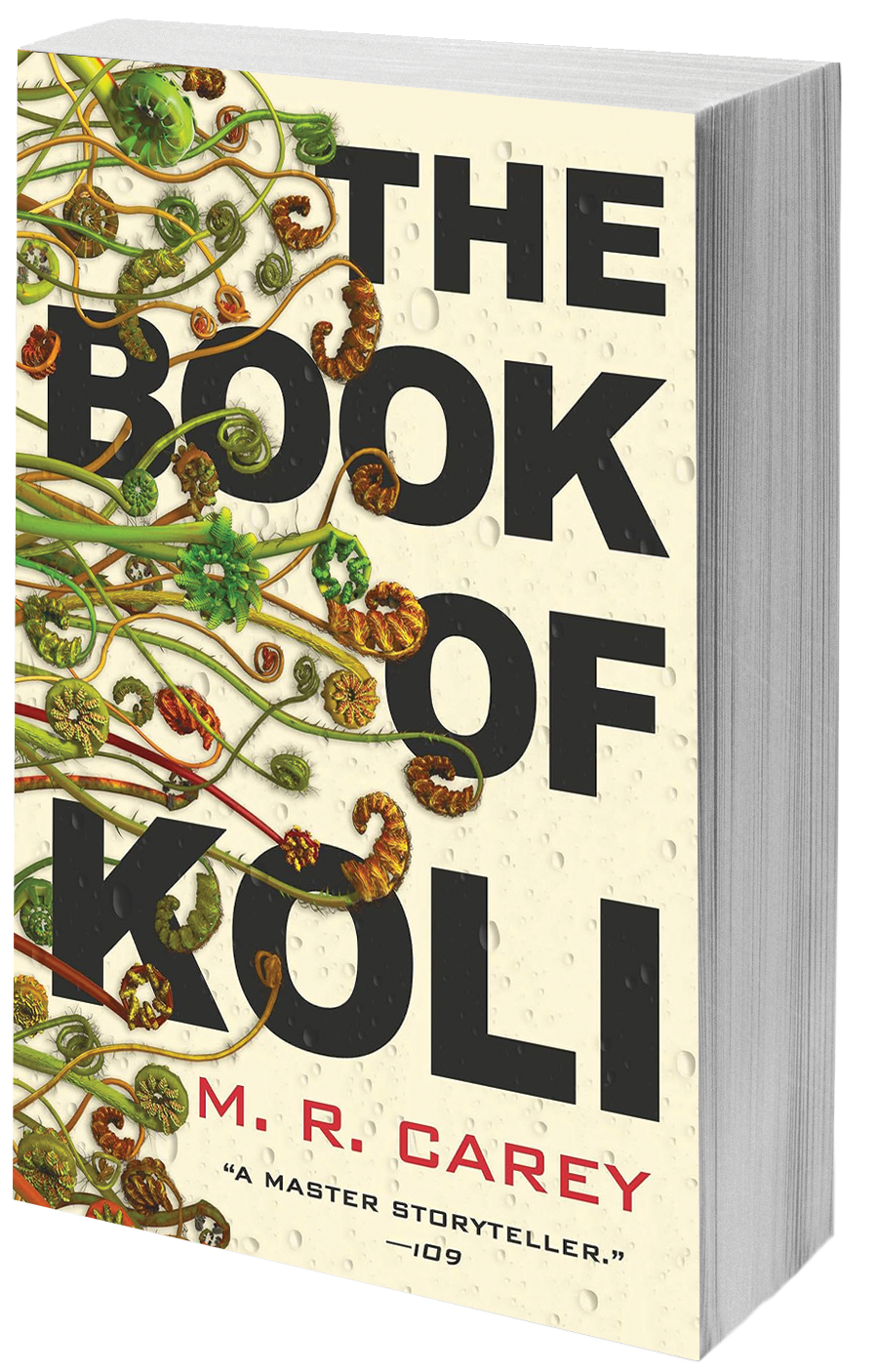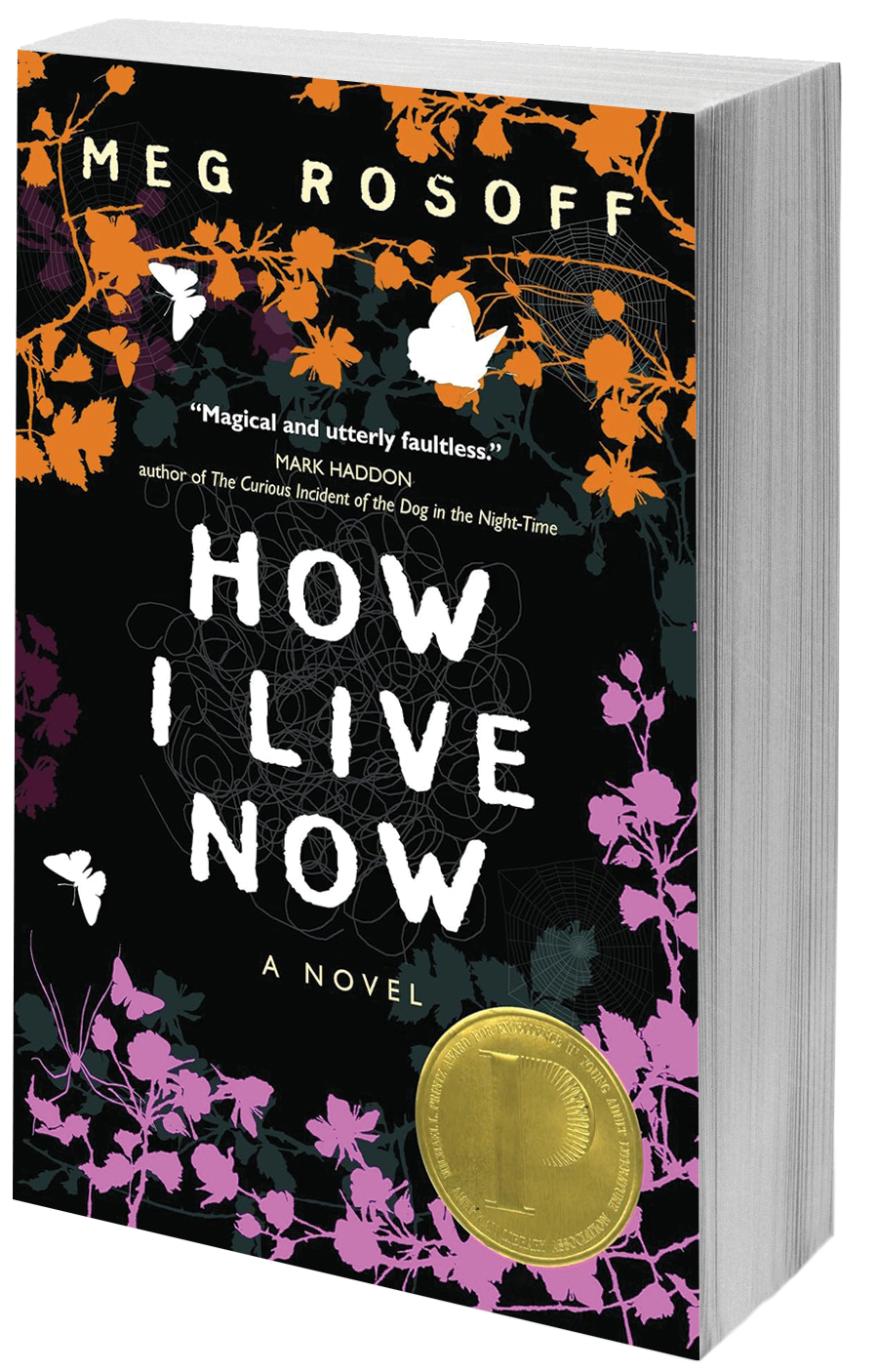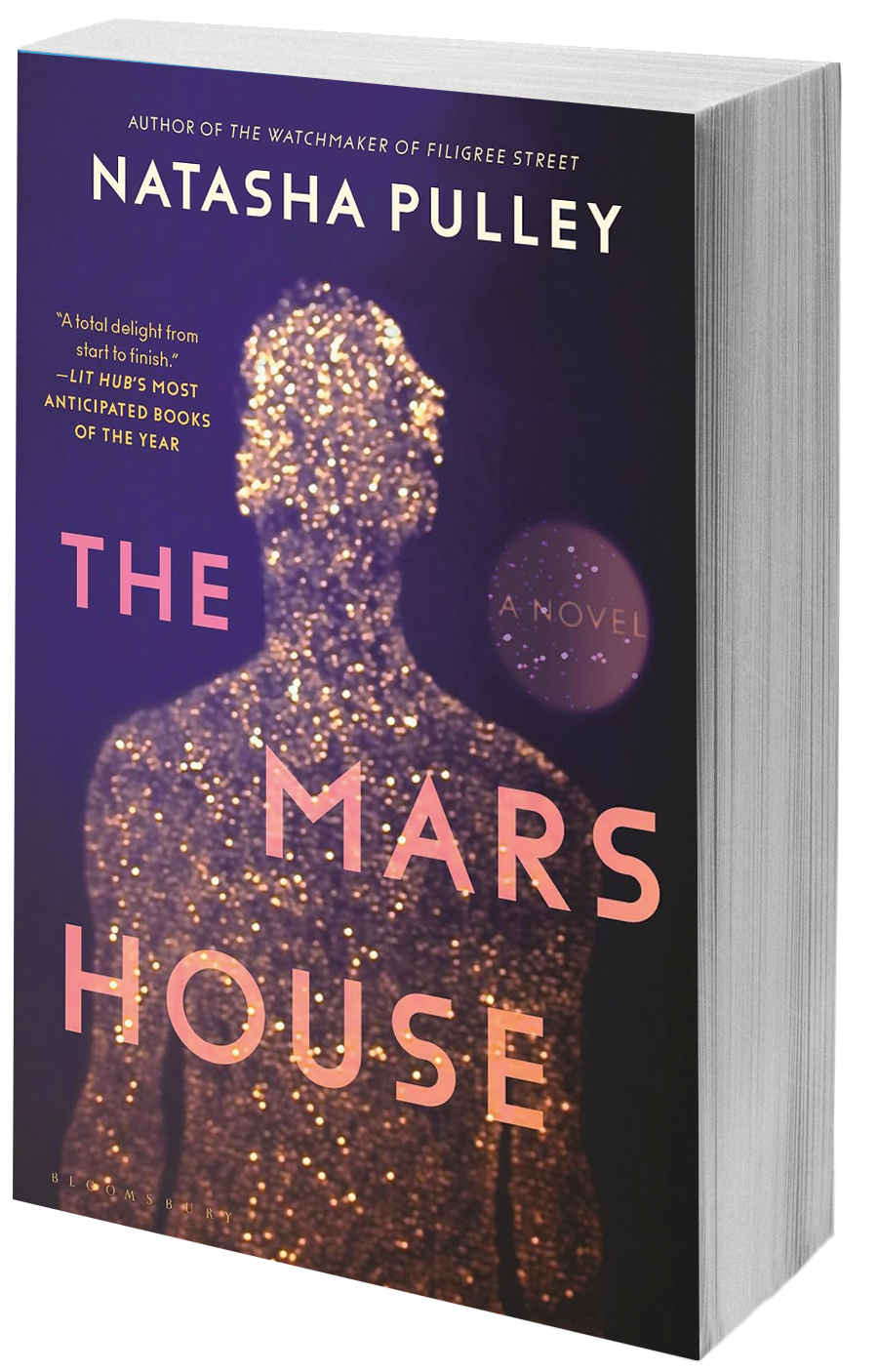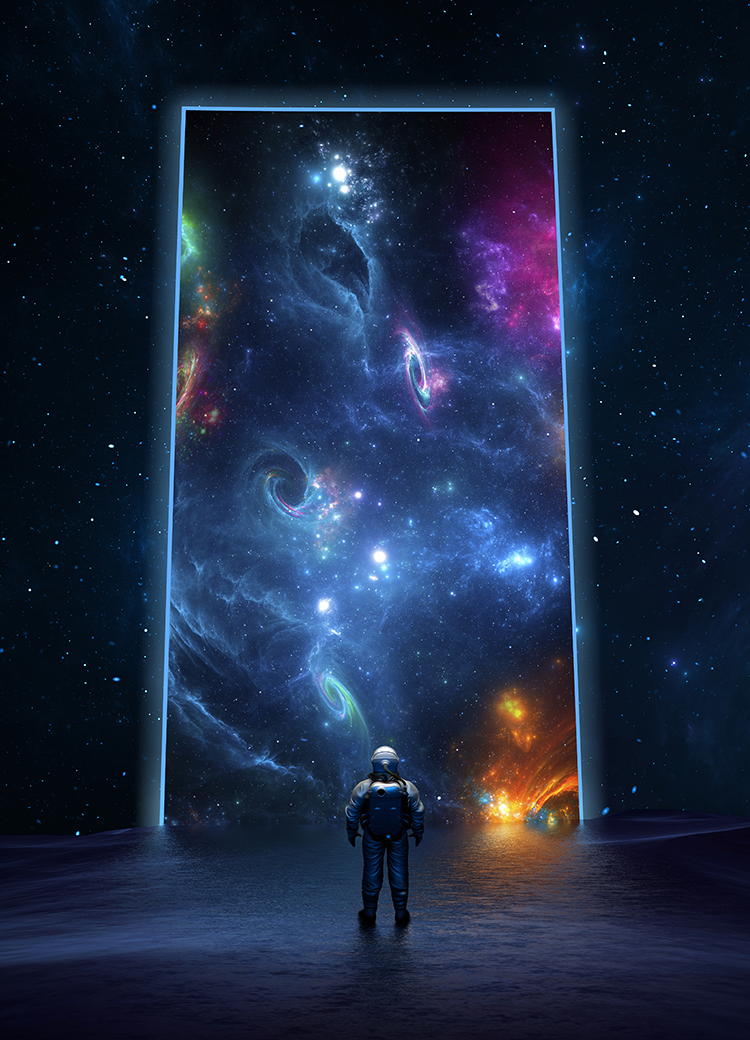A Way Out: Science fiction in a SciFi world
I started reading science fiction in grade school. I was eager for stories set in a future world I might get to see one day. I think it gave that lonely little girl something to look forward to. I could imagine myself as a crystal singer on a faraway planet, a scientist welcoming aliens to ours, or a starship pilot lost in space. It all sounded more interesting than my dull life.
Looking back, I remember reading about computer printers, smartphones and AI before they existed, in my small world anyway. Once that technology became reality, those memories were sparked again, “Oh yeah, I remember that book!”
As I got older, I gravitated toward post-apocalyptic fiction, which I consider a sub-genre of science fiction. The idea of living without the pressure of other people’s expectations was very appealing. Science fiction has always been an escape for me, a way out, a way forward. It gives us the opportunity to review current issues from a different perspective and with a little distance. We can compare utopia and dystopia to learn what we really want out of life.
Since COVID, science fiction hasn’t been much of an escape, though. Sometimes it feels downright real, even prophetic, but I keep reading it. Now I’m looking for answers. I'm looking for a way out, a way forward, a way through it all. Read on for my SciFi recommendations.
The Book of Koli by M.R. Carey
 Beyond the walls of the small village of Mythen Rood lies an unrecognizable landscape. A place where overgrown forests are filled with choker trees and deadly seeds that will kill you where you stand. And if they don't get you, one of the dangerous shunned men will.
Beyond the walls of the small village of Mythen Rood lies an unrecognizable landscape. A place where overgrown forests are filled with choker trees and deadly seeds that will kill you where you stand. And if they don't get you, one of the dangerous shunned men will.
Koli has lived in Mythen Rood his entire life. He believes the first rule of survival is that you don't venture too far beyond the walls. He's wrong.
"This is a beautiful book. Gripping, engaging, and absolutely worth the time it takes to burrow yourself into its reality. I can't recommend it highly enough." —Seanan McGuire
"A quirky and imaginative dystopian novel. Koli narrates the story with a unique dialect that takes some getting used to, but the cadence and pacing of his voice adds a depth and richness to the strange and malevolent world." –"Booklist (starred review)"
How I Live Now by Meg Rosoff
 Fifteen-year-old Daisy is sent from Manhattan to England to visit her aunt and cousins she’s never met: three boys near her age, and their little sister. Her aunt goes away on business soon after Daisy arrives. The next day bombs go off as London is attacked and occupied by an unnamed enemy.
Fifteen-year-old Daisy is sent from Manhattan to England to visit her aunt and cousins she’s never met: three boys near her age, and their little sister. Her aunt goes away on business soon after Daisy arrives. The next day bombs go off as London is attacked and occupied by an unnamed enemy.
As power fails, and systems fail, the farm becomes more isolated. Despite the war, it’s a kind of Eden, with no adults in charge and no rules, a place where Daisy’s uncanny bond with her cousins grows into something rare and extraordinary. But the war is everywhere, and Daisy and her cousins must lead each other into a world that is unknown in the scariest, most elemental way.
"This riveting first novel paints a frighteningly realistic picture of a world war breaking out in the 21st century . . . Readers will emerge from the rubble much shaken, a little wiser, and with perhaps a greater sense of humanity." - Publishers Weekly, Starred
“That rare, rare thing, a first novel with a sustained, magical and utterly faultless voice. After five pages, I knew she could persuade me to believe anything.” —Mark Haddon, author of The Curious Incident of the Dog in the Night-Time
The Mars House by Natasha Pulley
 In the wake of an environmental catastrophe, January, once a principal in London's Royal Ballet, is a refugee in Tharsis, the terraformed colony on Mars. Now January's life is dictated by his status as an Earthstronger, a person whose body is not adjusted to lower gravity and so poses a danger to those born on or naturalized to Mars. January's job choices, housing and even transportation are dictated by this second-class status, and now a xenophobic politician named Aubrey Gale is running on a platform that would make it all worse. Gale wants all Earthstrongers to naturalize, a process that is always disabling and sometimes deadly.
In the wake of an environmental catastrophe, January, once a principal in London's Royal Ballet, is a refugee in Tharsis, the terraformed colony on Mars. Now January's life is dictated by his status as an Earthstronger, a person whose body is not adjusted to lower gravity and so poses a danger to those born on or naturalized to Mars. January's job choices, housing and even transportation are dictated by this second-class status, and now a xenophobic politician named Aubrey Gale is running on a platform that would make it all worse. Gale wants all Earthstrongers to naturalize, a process that is always disabling and sometimes deadly.
When Gale chooses January for an on-the-spot press junket interview that goes horribly awry, January's life is thrown into chaos, but Gale's political fortunes are damaged too. Gale proposes a solution to both their problems: a five year made-for-the-press marriage that would secure January's future without naturalization and ensure Gale's political success.
However, when January accepts the offer he discovers Gale is not at all like they appear in the press. They're kind, compassionate and much more difficult to hate than January would prefer. As their romantic relationship develops the political situation worsens and January discovers Gale has an enemy willing to destroy all of Tharsis to make them pay and January may be the only person standing in the way.
“Pulley has wrapped an enemies-to-lovers, fake-marriage romance in a fascinating sf-world package . . . Magnetic . . . Charming . . . Readers will have incredible fun reading about this slow-burn romance, the itch of two creepy background mysteries, and a delightful scene involving judgmental mammoths.” ―Booklist
Journey Through the Genres Book Club
If you want to chat about any SciFi you've read recently, join me Fri, Aug 1, 7-8pm in the Fiction Wing for our Journey Through the Genre. Whether you loved it or hated it, we want to hear what you think! This is a relaxed opportunity to talk books with other readers.















